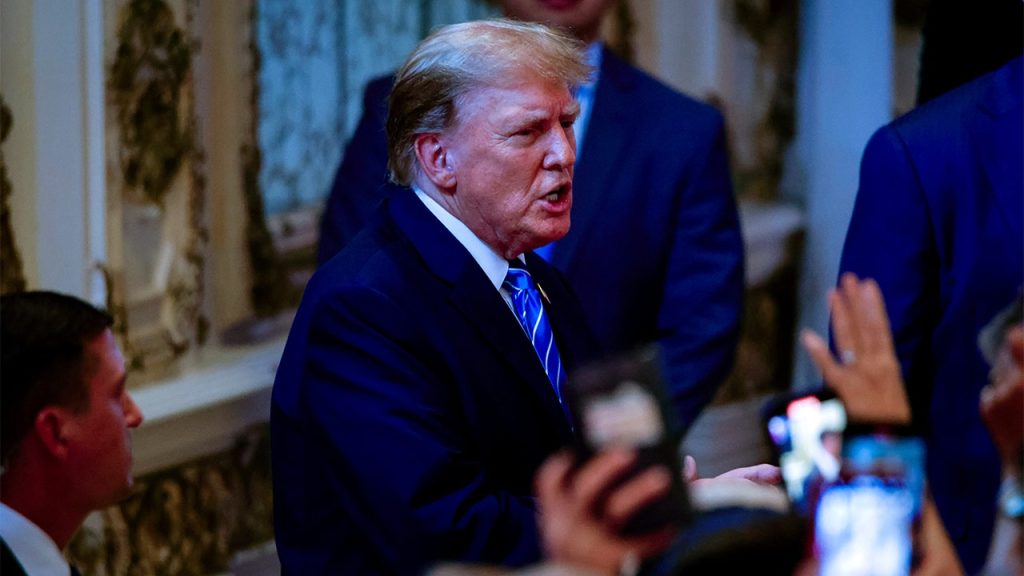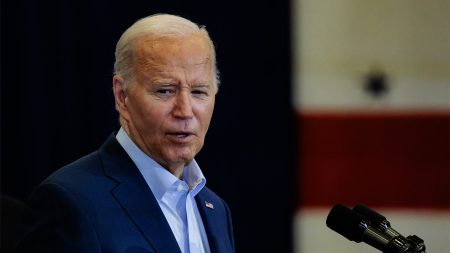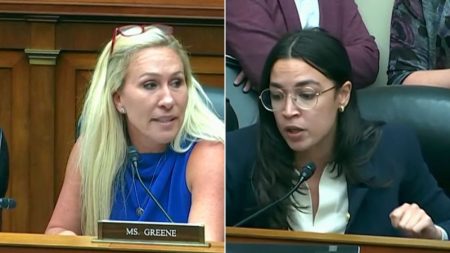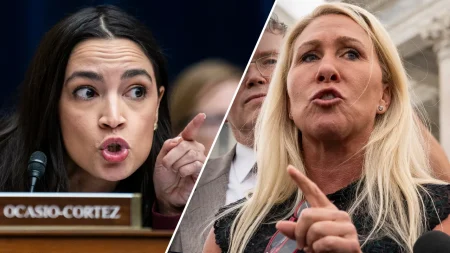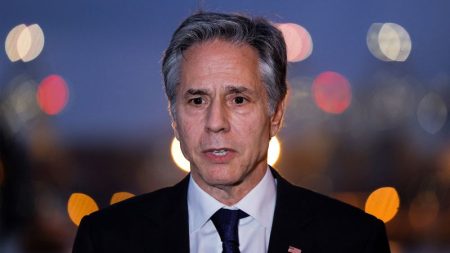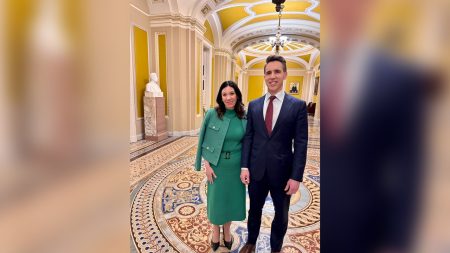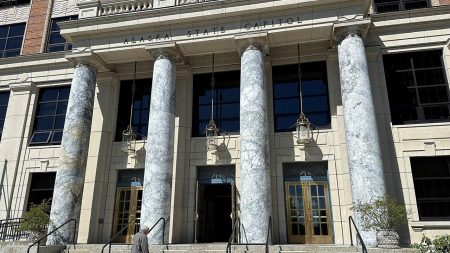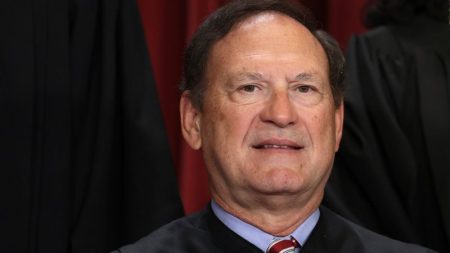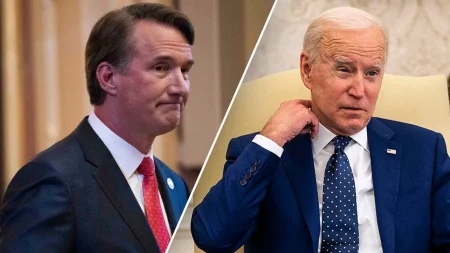The judge presiding over former President Trump’s criminal trial is set to hold a hearing to address alleged violations of a gag order, which has resulted in fines and the threat of jail time for Trump. Manhattan District Attorney Alvin Bragg and prosecutors accused Trump of violating the gag order multiple times by speaking publicly about witnesses and court staff. The judge found Trump guilty of nine violations and imposed fines of $1,000 for each. It was also made clear that continued violations could result in “incarceratory punishment” if deemed necessary.
During a hearing on the gag order, Trump’s defense team argued that he was responding to attacks made against him when he made comments that violated the order. Trump, in response to the ruling, expressed his frustration on social media, claiming his Constitutional right to free speech had been taken away. He accused the judge of interfering in the upcoming presidential election, calling the trial rigged. Trump also called on the judge to recuse himself from the case, claiming conflict of interest.
In the ruling regarding the gag order, the judge expressed regret that he could not impose larger fines on Trump. He stated that it would be preferable to impose fines more commensurate with Trump’s wealth, suggesting that in some cases, a fine of $2,500 or even $150,000 could be warranted. The judge reiterated that jail time could be a potential punishment for continued violations of the gag order. Meanwhile, the trial is set to resume with witness testimony, including individuals such as former American Media Inc. CEO David Pecker and former lawyer for Stormy Daniels Dylan Howard.
Former President Trump has been charged with 34 counts of falsifying business records in relation to alleged payments made to silence adult film actress Stormy Daniels regarding an extramarital affair before the 2016 election. The prosecution alleges that Trump falsified the records in furtherance of a criminal conspiracy to promote or prevent election, aiming to conceal illegal activities to boost his candidacy in 2016. While these charges are typically considered misdemeanors, the prosecutors must convince the jury of Trump’s guilt in both falsifying records and conspiracy in order to secure a conviction. Trump has pleaded not guilty to all counts.
Overall, the trial has seen tensions rise between Trump and the judge over the alleged violations of the gag order. The defense has continually argued that Trump’s comments were responses to attacks against him, while the prosecution maintains that he blatantly violated the order. The judge has warned of potential jail time for Trump if the violations continue. As the trial moves forward, prosecutors will seek to prove Trump’s guilt in falsifying business records and conspiracy charges related to the hush money payments, which they claim were part of a larger plot to influence the 2016 election. Trump, meanwhile, remains steadfast in his innocence and has continued to voice his grievances against the judge and the trial process.





